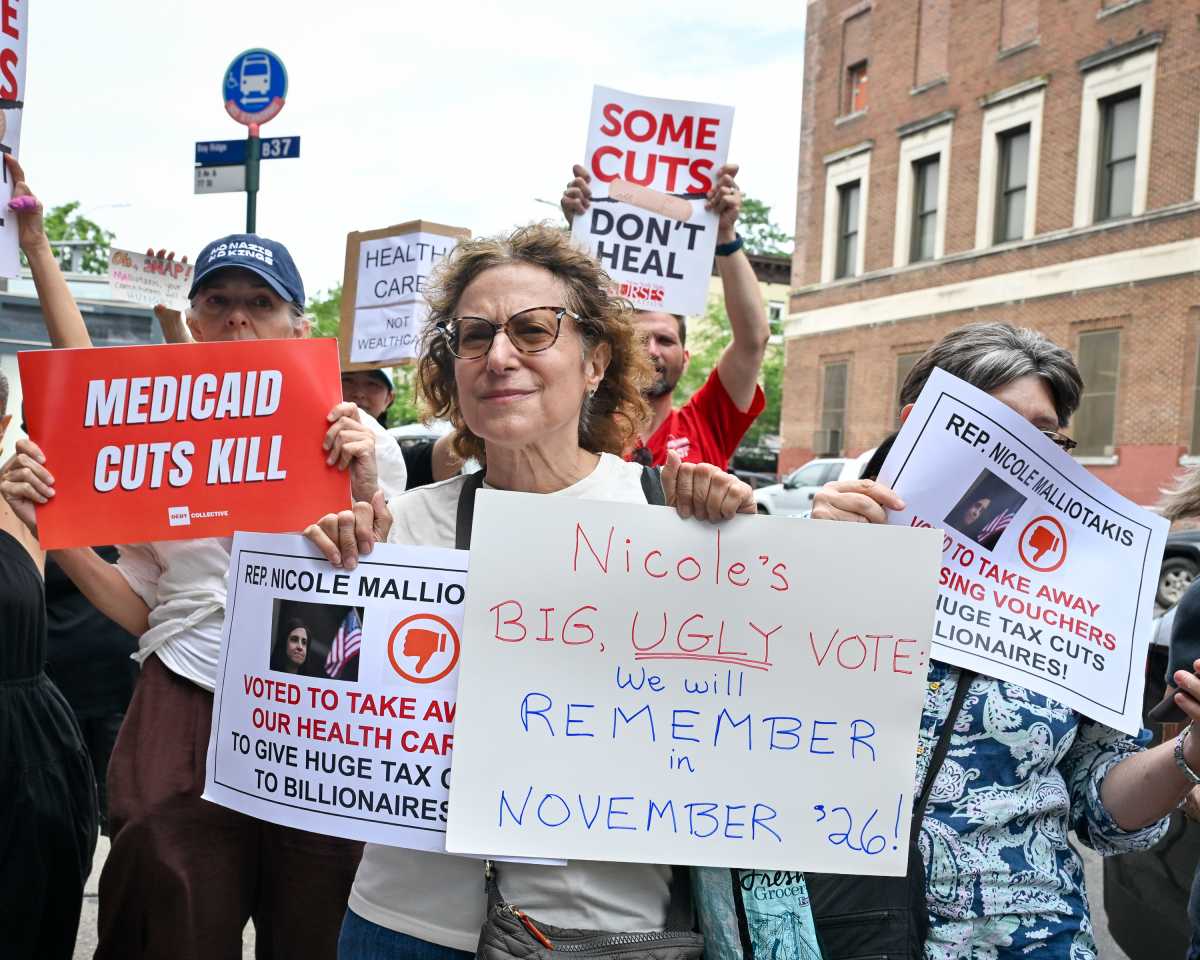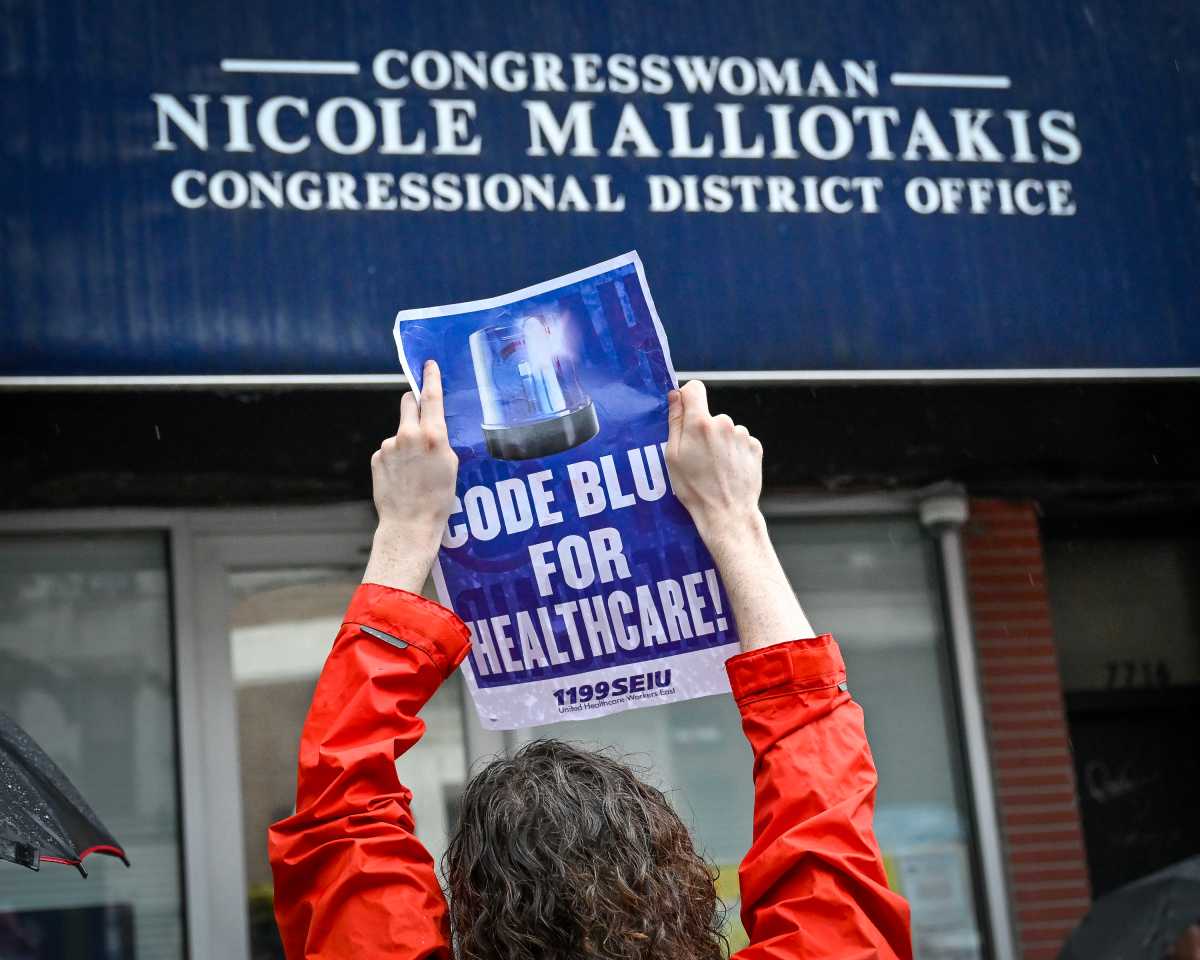For many patients, dealing with dental insurance can be agonizing. Dentists feel the pain as well, every time they battle with insurance providers to get treatments and prescriptions approved for their patients. Insurance companies should step aside and allow dentists to help the patient be the primary decision-makers on their health.

Many of the most pressing dental procedures, such as root canals and surgeries, demand prior authorization, which requires the dentist to submit a treatment plan for the insurer’s approval. This arrangement means that the insurance company becomes the ultimate arbiter of a patient’s treatment, instead of their dentist.
Unsurprisingly, dental insurance companies will often deny authorization requests for treatments and procedures that are costlier. As a result, patients become upset with their dental care providers, who have no control over the insurance company’s decision.
Another common form of coverage denial is the downgrade. For many procedures, such as cavity fillings, the insurance company decides to downgrade the requested treatment to a lower-costing procedure. If the patient sticks to the original treatment plan, the difference must either be paid out-of-pocket by the patient or absorbed by the dentist.
All of the rigmarole of obtaining—or being denied—prior authorization takes an enormous amount of time. For 28 percent of patients in a recent survey, who were denied treatment coverage for a chronic illness, the prior authorization process took 3 months or longer.
As patients wait for treatment decisions from their insurers, dentists and doctors continue to get buried under the paperwork. A survey of physicians by the American Journal of Medicine found that the average physician spends 20 hours per week on prior authorization activities alone.
Insurance companies claim that prior authorization allows them to cut costs by limiting unnecessary treatments, but that isn’t the full story. According to a 2017 study by the American Dental Association, the gap between what dentists charge and what insurer’s will pay for has widened over the past decade, with insurers reimbursing less than 20 percent of charges for certain procedures. Just as healthcare costs are rising, insurers are reducing what they will pay for services rendered.
That is, if they are paying at all. Insurance companies will sometimes refuse to reimburse providers if they deem that the service already rendered was not a “medical necessity,” despite the dentist’s determination that it was. Out of fear of losing patients or gaining bad reviews, many dentists do not pursue patients for these unpaid charges, instead working essentially for free.
And while insurers claim that prior authorization cuts costs, several studies show the opposite. When patients are not receiving the treatment or medications that they need, their conditions can worsen and require emergency care. These services are often costlier than the original treatment awaiting authorization, and bring patients undue complications and pain.
Dental care is critical to health and well-being. Dentists are fond of saying, “disease prevention begins in the mouth.” It is time insurers focused on facilitating oral care and let dentists get to the root of dental problems without interference.
Dr. Stimmler is a partner at North Brooklyn Dental Care. He is a member of the American Dental Association, the New York State Dental Association, the 2nd District Dental Society, the Academy of Biomimetic Dentistry, the Academy of General Dentistry, and the Academy of Cosmetic Dentistry.










